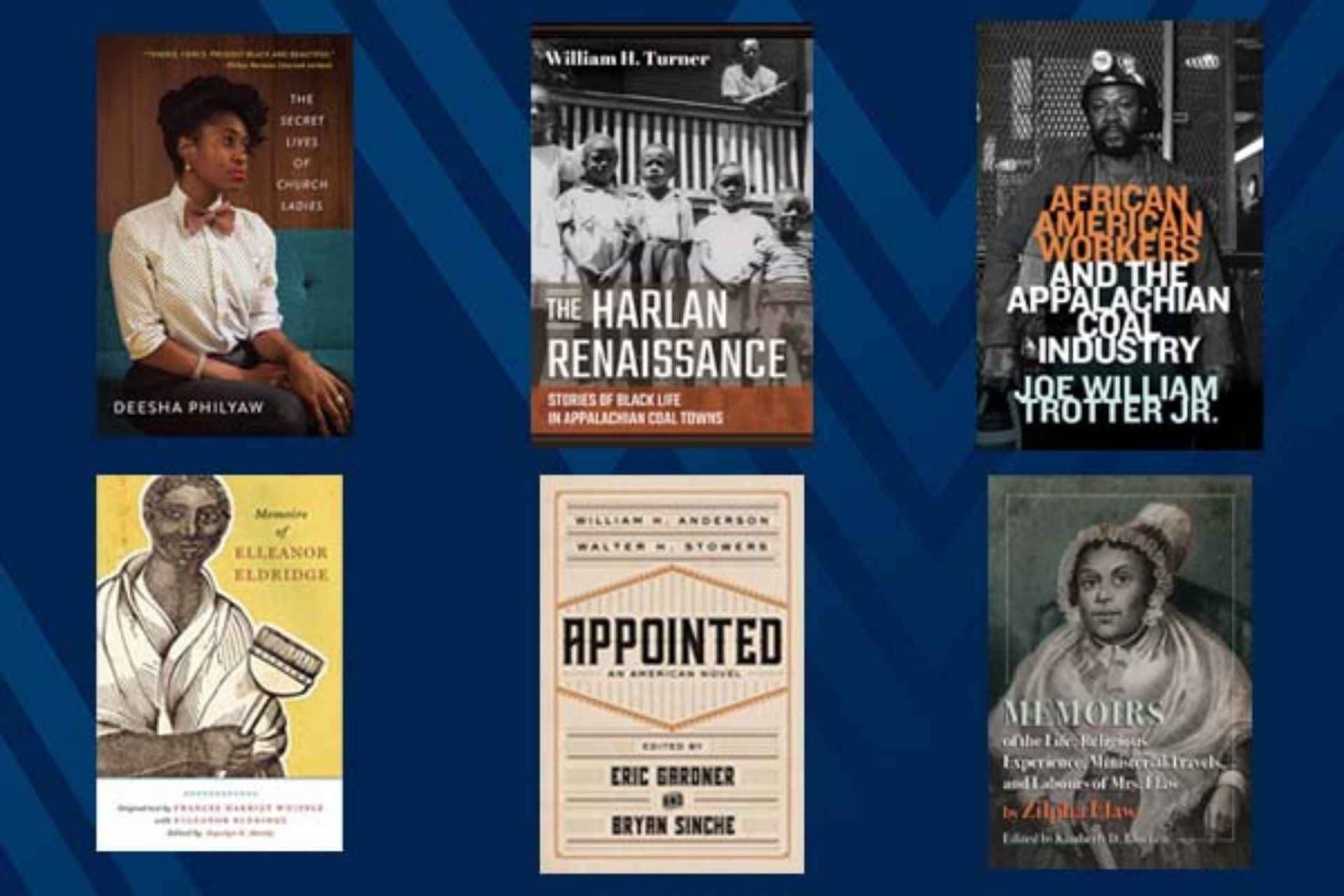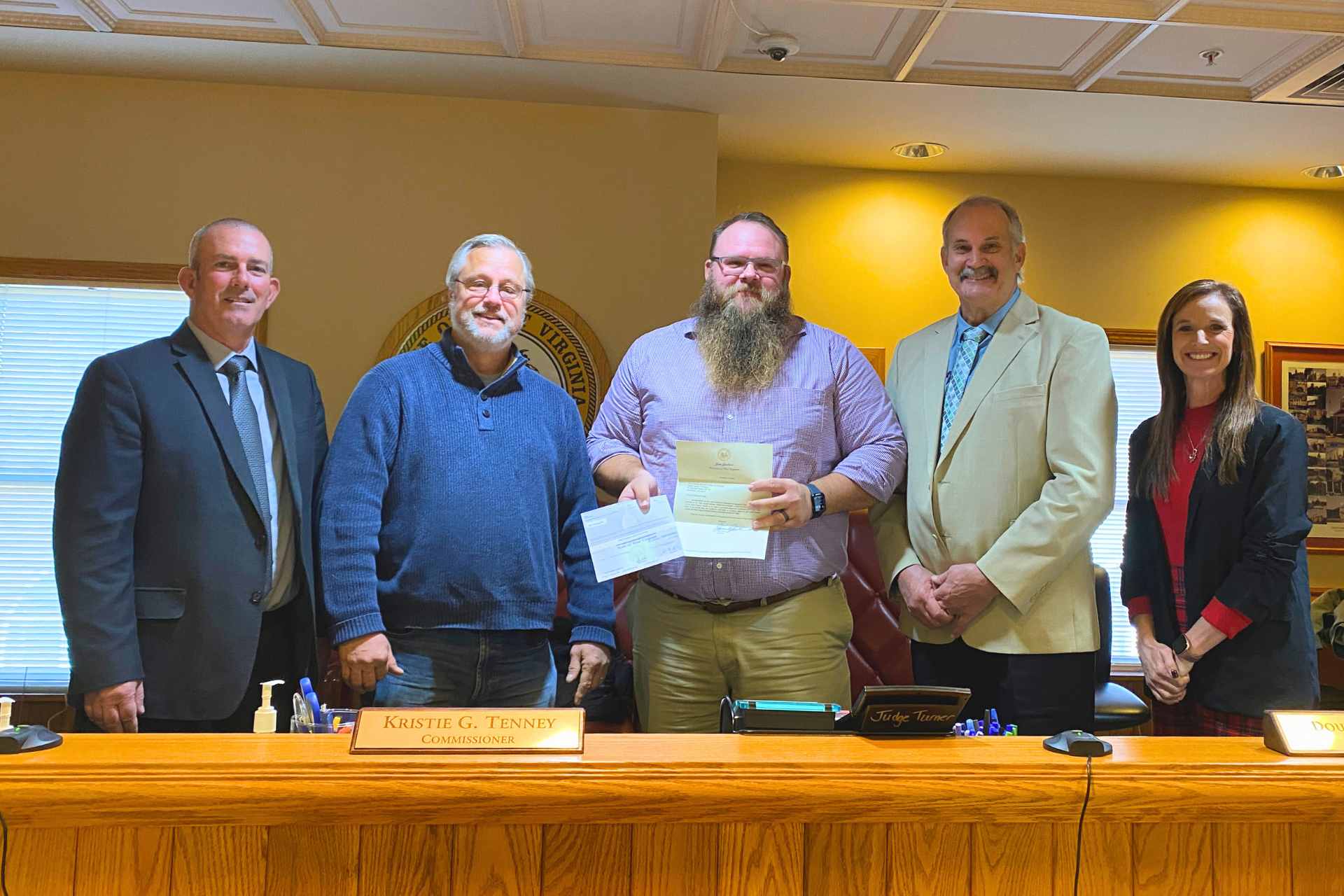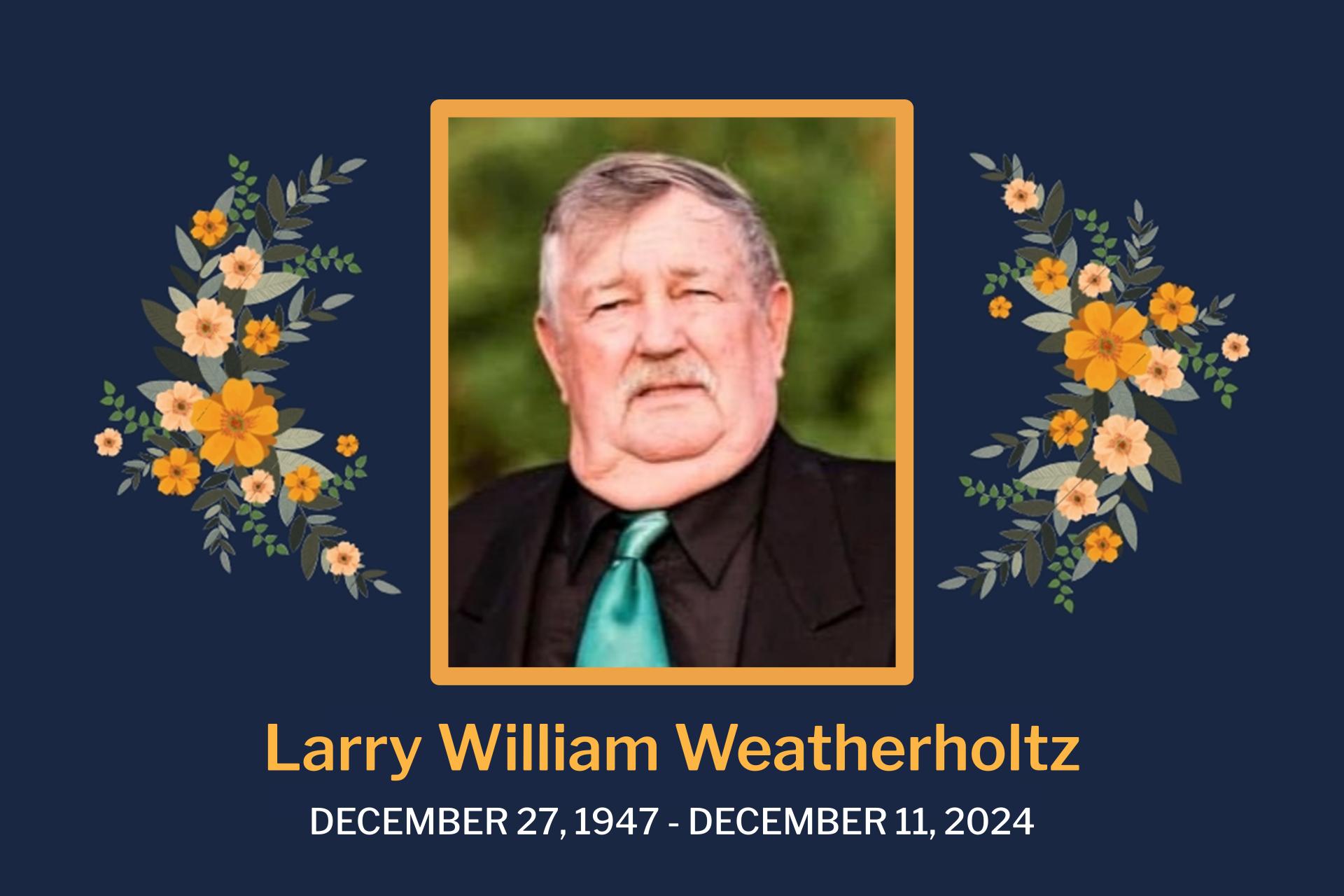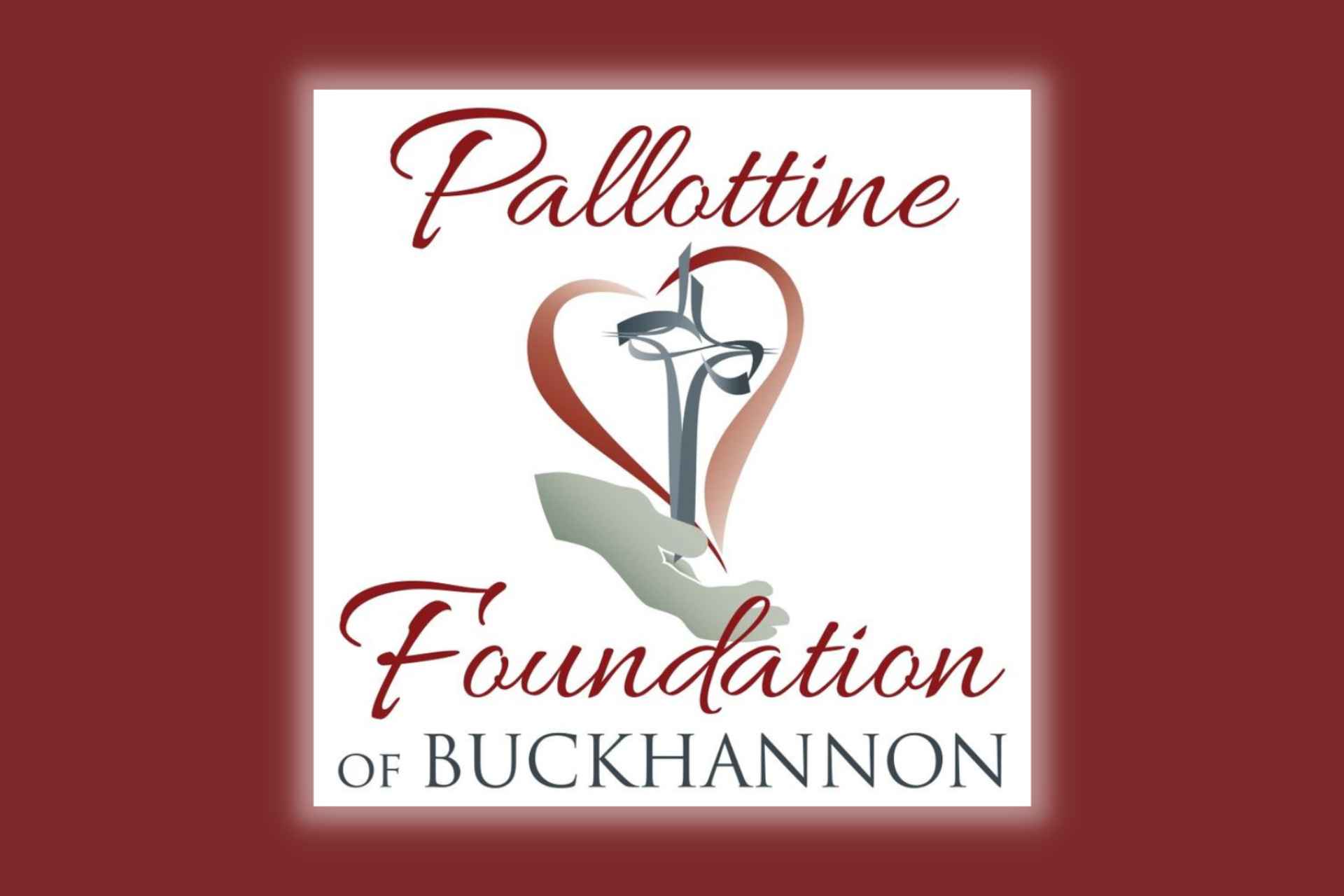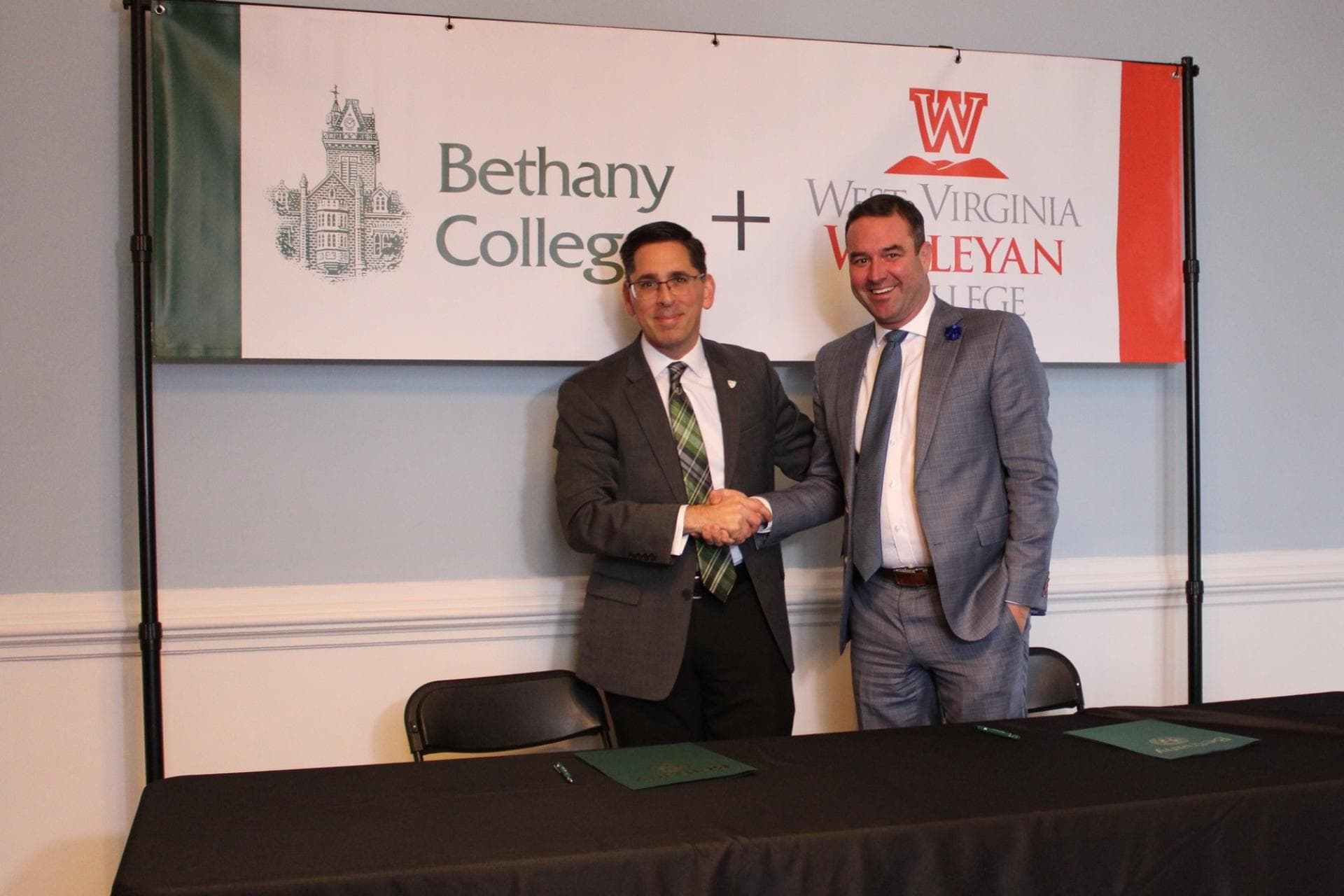MORGANTOWN — Award-winning books by Black authors on a variety of topics will help shape perceptions of Appalachia, of West Virginia and of West Virginia University, according to Derek Krissoff, director of WVU Press.
The University’s publishing company has a collection of books relating to Black history and Black experiences that provide readers with an opportunity to explore Black stories.
“My colleagues and I always hope that readers will learn from our books, and that they’ll be challenged, entertained and surprised,” Krissoff said. “We hope that WVU Press’s nationally recognized program in Black studies—and our award-winning books by Black authors on a variety of topics—will help shape perceptions of Appalachia, of West Virginia and of WVU.”
“In 2020, the only Black finalist for the nation’s highest-profile fiction prize (Deesha Philyaw’s “The Secret Lives of Church Ladies,” a National Book Award finalist) was published by West Virginia University, and this news was reported by nearly all of the major US media,” he added. “My colleagues and I see similar strength in our more conventional works of scholarship by Black authors, including William H. Turner’s “The Harlan Renaissance” and Joe Trotter’s “African American Workers and the Appalachian Coal Industry.” Both of these titles, published in the past few months, are by the preeminent chroniclers of Black life in Appalachia.”
Below are the books WVU Press recommends:
●“The Secret Lives of Church Ladies,” by Deeshaw Philyaw explores the raw and tender places where Black women and girls dare to follow their desires and pursue a momentary reprieve from being good. The nine stories in this collection feature four generations of characters grappling with who they want to be in the world, caught as they are between the church’s double standards and their own needs and passions.
●“The Harlan Renaissance: Stories of Black Life in Appalachian Coal Towns,” by William H. Turner is an intimate remembrance of kinship and community in eastern Kentucky’s coal towns. Turner reconstructs Black life in the company towns in and around Harlan County during coal’s final postwar boom years, which built toward an enduring bust as the children of Black miners, like the author, left the region in search of better opportunities.
●“African American Workers and the Appalachian Coal Industry,” by Joe Trotter is a collection that brings together nearly three decades of research on the African American experience, class, and race relations in the Appalachian coal industry. It shows how, with deep roots in the antebellum era of chattel slavery, West Virginia’s Black working class gradually picked up steam during the emancipation years following the Civil War and dramatically expanded during the late 19th and early 20th centuries.
●“Memoirs of the Life, Religious Experience, Ministerial Travels, and Labours of Mrs. Elaw,” by Zilpha Elaw and edited by Kimberly D. Blockett shares Elaw’s story as a young Black orphan indentured to a Quaker family in Bristol, Pennsylvania. Elaw decided to join the upstart Methodists in 1808. She preached her first sermon a decade later, ignoring her husband and the many church leaders, clergy, and laity who tried to silence her. Elaw’s memoir chronicles the first 20 years of her 40-year itinerant ministry during massive Protestant revivalism in the United States and England.
●“Appointed,” by William Anderson and Walter Stowers, two of the editors of the Detroit Plaindealer, a long-running and well-regarded African American newspaper of the late 19th century. Drawing heavily on 19th-century print culture, the authors tell the story of John Saunders, a college-educated black man living and working in Detroit.
●“Memoirs of Elleanor Eldridge,” by Frances Harriet Whipple with Elleanor Eldridge and edited by Joycelyn K. Moody forms an exceptional antebellum biography, chronicling Eldridge’s life from her birth. Because of Eldridge’s exceptional life as a freeborn woman of color entrepreneur, it constitutes a counter-narrative to slave narratives of early 19th-century New England, changing the literary landscape of conventional American Renaissance studies and interpretations of American Transcendentalism.
Find a complete list of WVU Press books relating to Black history.
